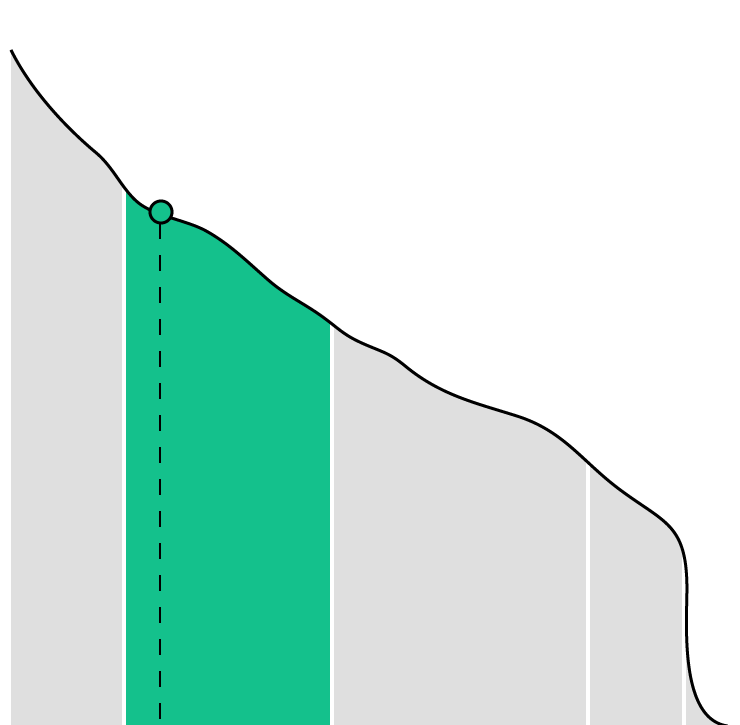EC - Directorate-General for European Civil Protection and Humanitarian Aid Operations (EC-ECHO)
MULTIPLE AGENCY GROUP : European CommissionThe Directorate-General for European Civil Protection and Humanitarian Aid Operations (EC-ECHO) is responsible for formulating European Commission (EC) humanitarian aid policy and delivering European Union relief assistance through its two main instruments: civil protection and humanitarian aid. The EC joined IATI in 2008 and EC-ECHO began publishing to IATI in September 2013.
EC-ECHO remains in the ‘good’ category. It has overtaken EC-NEAR and EC-DEVCO to lead the three EC agencies. It publishes to the IATI Registry on a monthly basis.
EC-ECHO is among the top five performers for the organisational planning and commitments component. It scores full points on all indicators but current versions of country strategies can be found on its website only.
It does well on providing disbursements and expenditures as well as project budgets data. Disaggregated budget, however, is one of the lower scoring indicators and project budget documents could not be found.
EC-ECHO is among the top five performers for the project attributes component, although it does not provide sub-national location coordinates.
It does well on basic joining-up development data indicators such as aid type, finance type, flow type or tied aid status. However, no current tenders could be found on the IATI Registry. They could be found sometimes elsewhere. Contracts are not being made available in the IATI Standard but are consistently made available in other formats.
Within the performance component, only objectives and pre-project impact appraisals are published in a comparable format. The pre-project impact appraisal documents provided in the IATI format were out of date but current versions are available elsewhere. Results are not published at all and reviews and evaluations are provided only sometimes.
- EC-ECHO should prioritise the publication of performance-related information to include reviews and evaluations and results.
- It should improve its publication of disaggregated budgets and should start publishing sub-national location coordinates.
- To demonstrate the impact of transparency on development work, EC-ECHO should take responsibility to promote the use of the data they publish: internally, to promote coordination and effectiveness; and externally, to explore online and in-person feedback loops, including at country-level.
